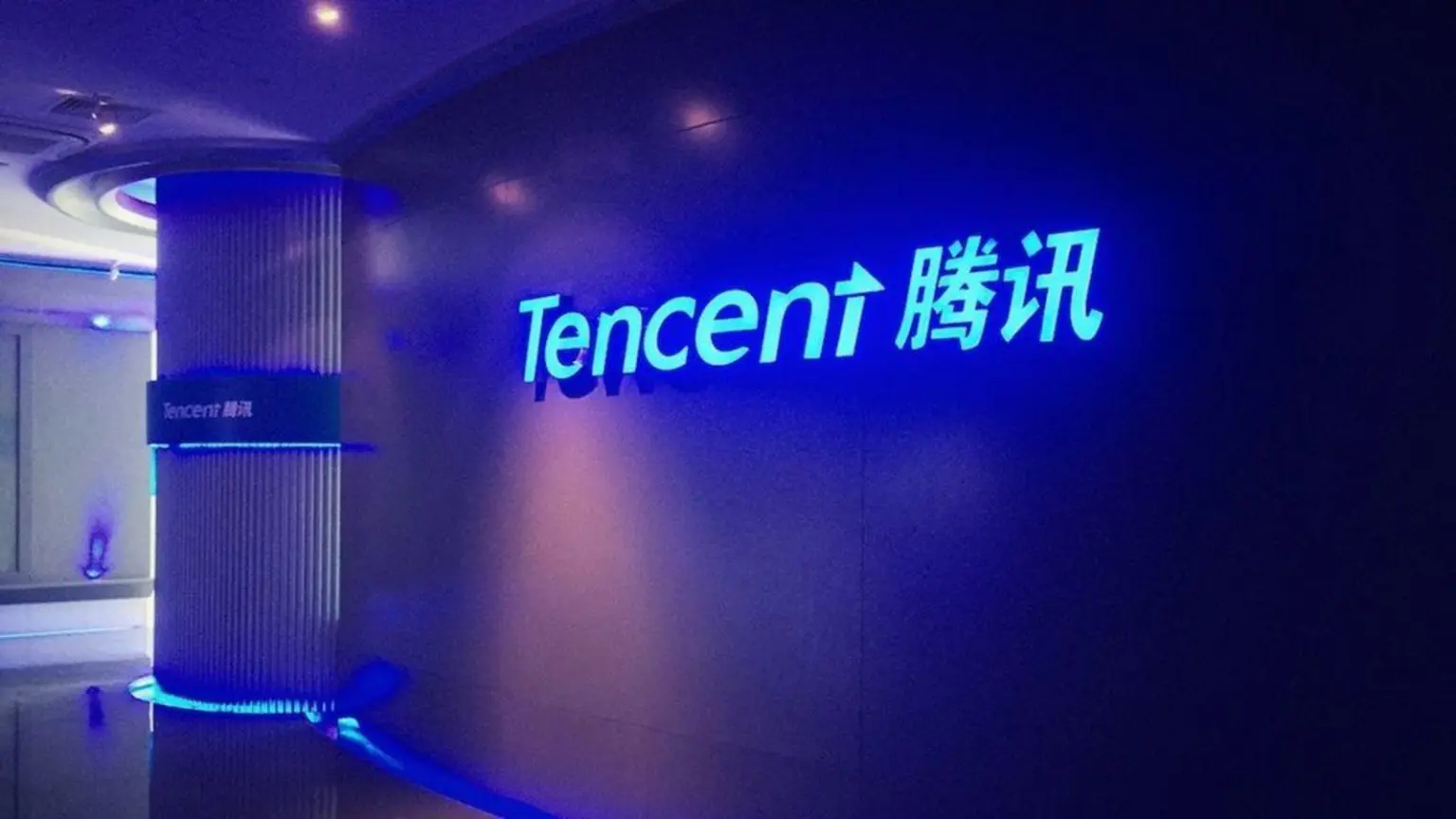In a significant market shakeup, Tencent Holdings Ltd. saw its market value plummet by approximately $43.5 billion following China’s announcement of new regulatory measures targeting the online gaming sector. The draft rules, introduced by China’s National Press and Publication Administration, aim to curb excessive gaming and spending, sending shockwaves through the industry.
Tencent, a global leader in technology and the proprietor of popular platforms like WeChat, experienced a 12.4% drop in its shares, reaching a low not seen since late November 2022. This decline reflects the market’s reaction to China’s tightening grip on the digital entertainment industry, a sector where Tencent has significant stakes.
Similarly, NetEase Inc., another major player in the Chinese online gaming market, suffered a dramatic fall of 24.6% in its stock value, erasing about $14.7 billion from its market capitalization. Bilibili Inc., known for its social media and gaming services, also faced a downturn, with its shares falling 9.7%, reflecting a loss of approximately $307 million in market value.
These developments occurred against the backdrop of a broader tech industry downturn in China, as the Hang Seng Index and the China Enterprises Index, both indicators of market health, also recorded declines of 1.7% and 2.3%, respectively.
The new regulatory framework introduced by China includes provisions against high-value transactions in online games and imposes restrictions on daily login rewards and recharging limits. These measures, while intended to curb “irrational consumption behavior,” have raised concerns about the future viability of business models reliant on user engagement and loyalty incentives.
Industry experts, while acknowledging the intent behind these regulations, emphasize the need for better coordination between the gaming industry and regulatory bodies. The new rules, part of a broader crackdown on the technology sector initiated in late 2020, follow previous actions by the Chinese government to address concerns over gaming addiction and its impact on the youth, including stringent screen time limitations.
The broader context of these developments includes China’s ongoing efforts to regulate the digital entertainment industry, reflecting a delicate balance between fostering technological innovation and addressing social and health concerns associated with digital consumption.
Read More:
